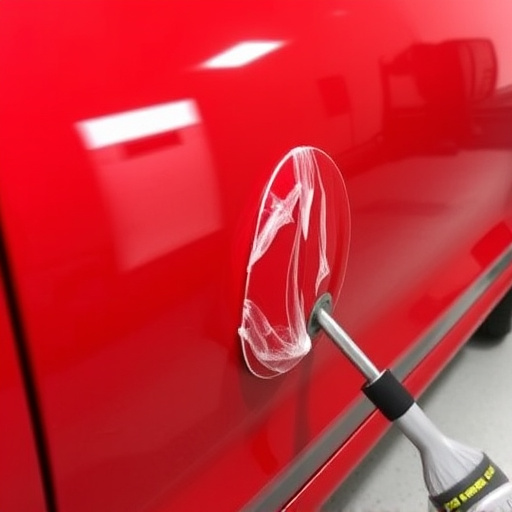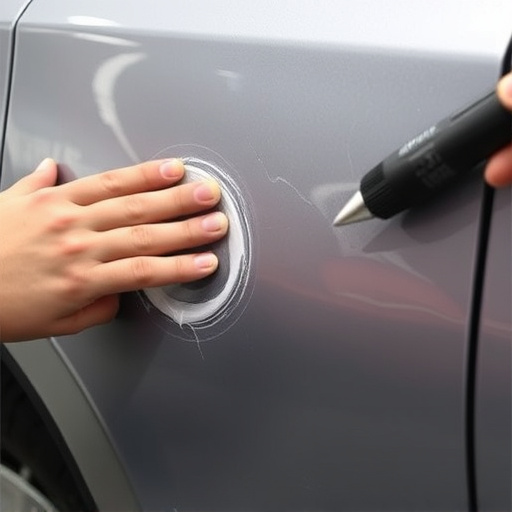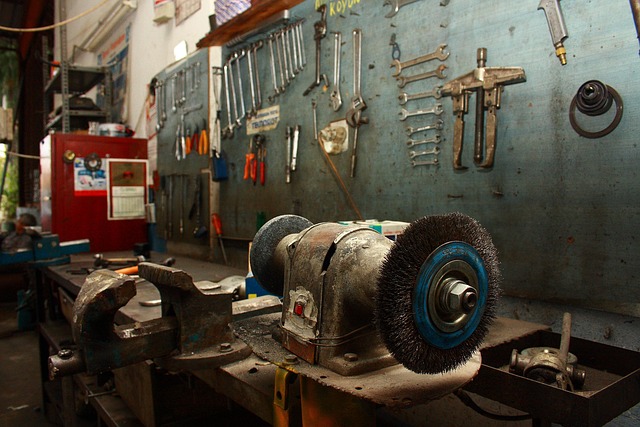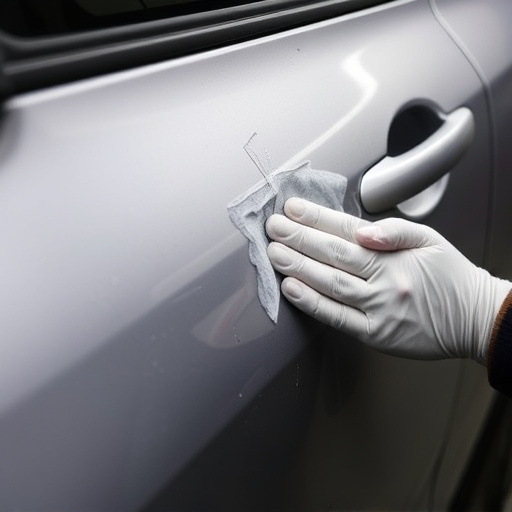Insurers negotiating vehicle repair claims balance risk management and fairness, assessing damage, validating claims, and gauging long-term impacts. Policyholders need thorough documentation to build a robust case for competitive settlements. Research insurer policies, communicate needs clearly with compelling evidence, engage proactively, and demonstrate trustworthiness for favorable outcomes in insurance company negotiations.
Insurers play a pivotal role in shaping the financial security of individuals and businesses. When negotiating, they prioritize risk assessment, cost management, and policyholder satisfaction. Understanding these priorities is key to navigating complex conversations effectively. This article explores how insurers expect to be approached during negotiations, offering valuable insights for policyholders. We delve into strategies that can strengthen your position, ultimately aiming for favorable outcomes in insurance company negotiations.
- Understanding Insurer Priorities in Negotiations
- Building a Strong Case for Policyholders
- Strategies to Achieve Favorable Outcomes
Understanding Insurer Priorities in Negotiations

Insurers enter into negotiations with a clear set of priorities, primarily focusing on managing risks and ensuring fair claims settlements. During discussions with policyholders or vehicle body shop representatives regarding vehicle collision repair, insurers aim to balance their financial interests with providing adequate compensation for automotive repair services.
They carefully assess the extent of damage, considering both the vehicle’s market value and the cost of repairs, especially when negotiating for extensive vehicle collision repair. By evaluating the claims’ validity and potential long-term implications, insurers strive to maintain a healthy balance sheet while offering competitive settlements, ensuring customer satisfaction and minimizing disputes that could lead to lengthy legal battles.
Building a Strong Case for Policyholders

When engaging in insurance company negotiations, building a strong case for policyholders is paramount. Policyholders should gather comprehensive documentation to support their claims, including medical records, police reports, and estimates from reputable collision repair centers like automotive repair facilities. This solid evidence demonstrates the extent of damage caused by an incident, such as a fender bender, and justifies the requested compensation.
By presenting well-organized and detailed information, policyholders can effectively communicate their needs and ensure a fair settlement during negotiations with insurance companies. It’s crucial to remain persistent yet respectful throughout the process, backed by valid evidence that supports the case for necessary repairs or replacement, including estimates from collision repair centers.
Strategies to Achieve Favorable Outcomes

To achieve favorable outcomes during insurance company negotiations, it’s crucial to employ well-thought-out strategies that demonstrate your understanding of the process and their interests. Begin by thoroughly researching the insurance company’s policies, claims handling procedures, and recent settlements. This knowledge allows you to set realistic expectations and present a strong case for fair compensation. Effective communication is key; clearly articulate your needs, presenting compelling evidence such as detailed estimates for auto painting or car collision repair costs, and offering solutions that meet both parties’ interests.
Engaging in proactive negotiations shows your commitment to resolving the issue efficiently. Be prepared to listen to their perspectives, address concerns, and find common ground. For instance, demonstrating flexibility on timelines for vehicle body shop repairs while ensuring quality work can foster a positive relationship. By presenting yourself as a trustworthy partner who prioritizes mutual benefit, you increase the likelihood of reaching an agreement that satisfies everyone involved, including those requiring auto painting or car collision repair services.
Insurers’ expectations during negotiations are centered around achieving fair, mutually beneficial outcomes. By understanding their priorities and employing strategic tactics, policyholders can effectively advocate for themselves. Through a comprehensive approach that includes building a robust case and utilizing proven negotiation strategies, individuals can navigate insurance company negotiations successfully, ensuring favorable results and securing the coverage they need.














